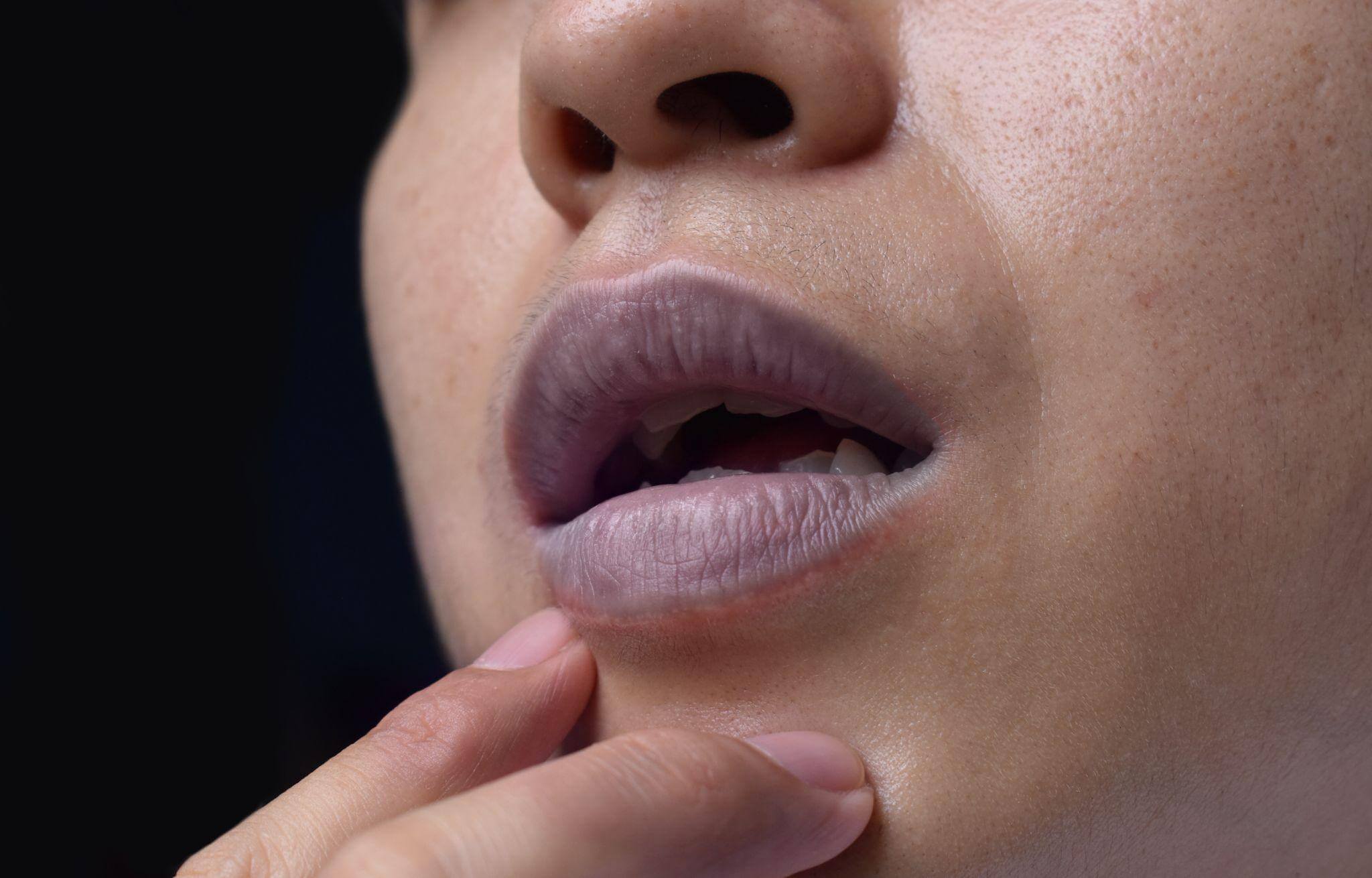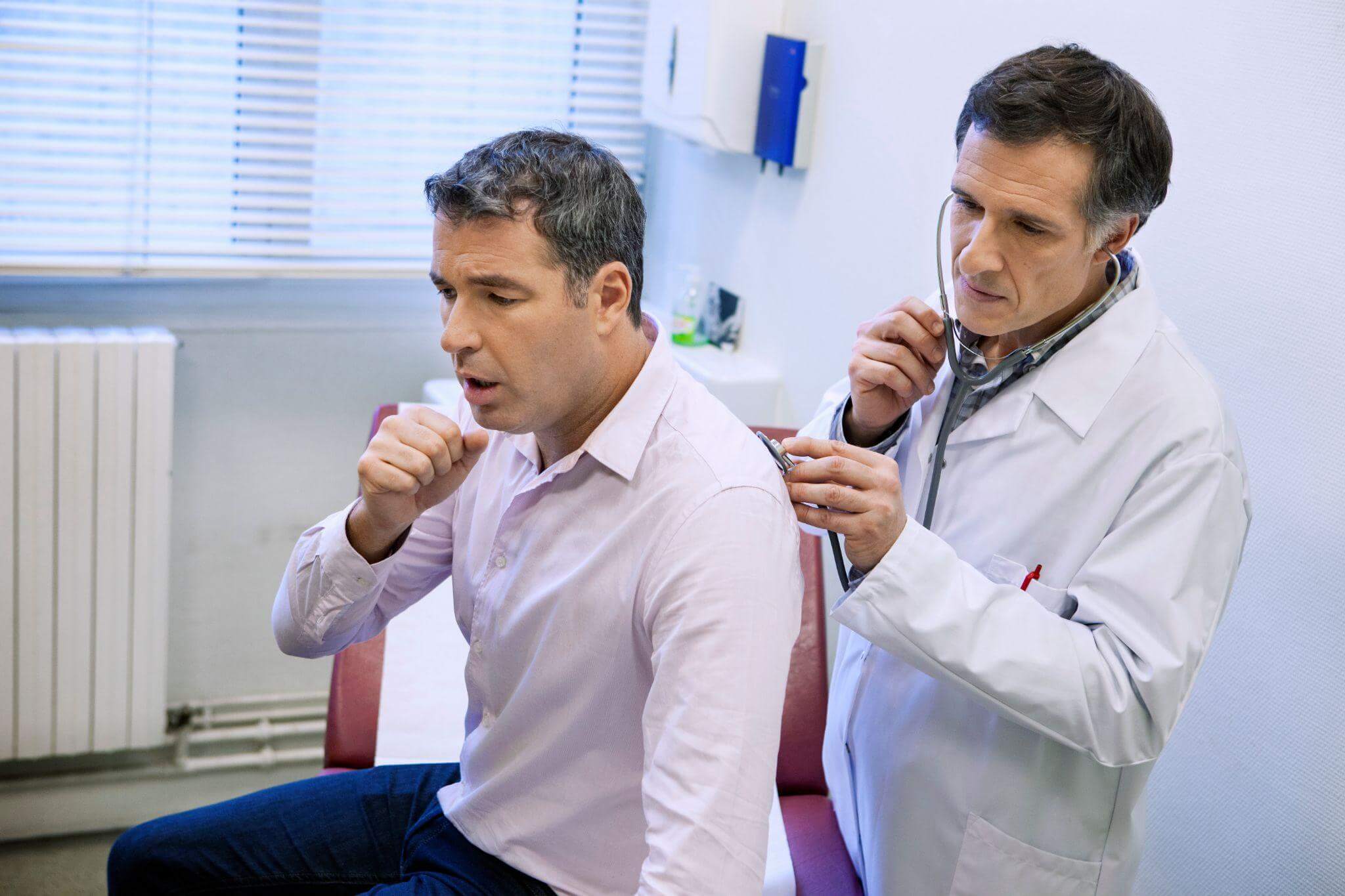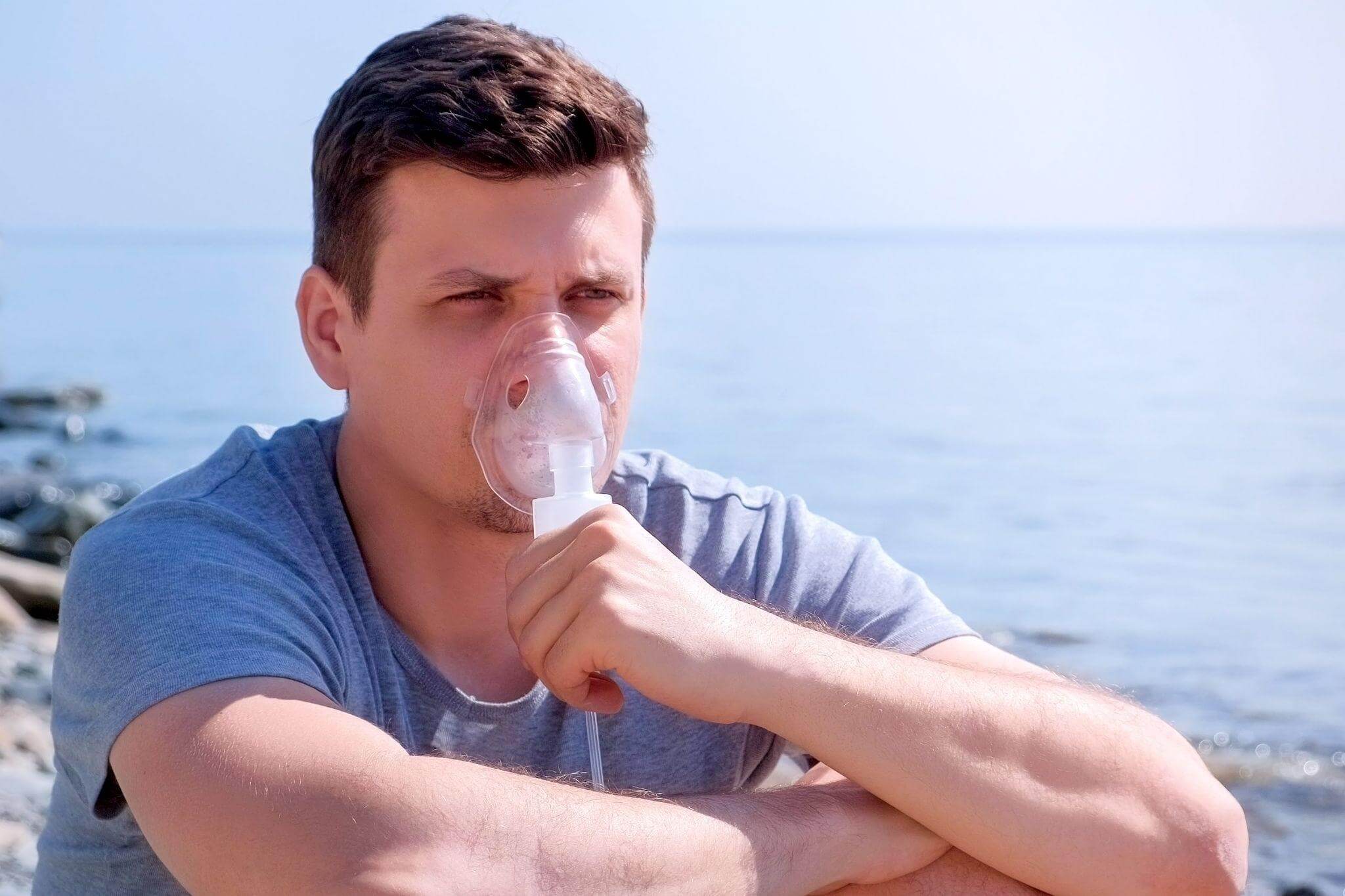Highlights
- Chronic obstructive pulmonary disease (COPD) can result from several diseases of the lungs and gets worse over time.
- Common causes of COPD include smoking, air pollution, and occupational hazards.
- COPD may also have genetic and autoimmune components.
- The primary symptoms of COPD are shortness of breath and coughing.
- While COPD is not curable, it is preventable and can be treated with medications.
- BidRX can help you get the lowest price on your COPD medications.
Chronic obstructive pulmonary disease (COPD) affects at least 16 million Americans. Despite its prevalence, it’s often not well understood. COPD can’t be cured, but it can be managed with medication.
What Is Chronic Obstructive Pulmonary Disease (COPD)?
Chronic obstructive pulmonary disease (COPD) is a progressive lung disease, which means it gets more severe as time goes on. Over time, the airways in the lungs become narrower and can collapse, making it harder to inhale and to fully exhale.
COPD is an umbrella term for a condition that is caused by other diseases. The two most common are:
- Emphysema. In emphysema, the air sacs in the lungs are damaged and collapse, reducing the surface area of the lungs and how efficient they are at transferring oxygen to the body.
- Chronic bronchitis. Also called “smoker’s cough,” chronic bronchitis is a cough that lasts for more than three months out of the year for at least two years, and that is “productive,” meaning that the coughing produces sputum. As coughing damages the lungs, it can become COPD.
Autoimmune diseases, such as rheumatoid arthritis and type 1 diabetes, may also be linked to COPD. As foreign matter invades the lungs, the immune system attacks it. However, this may lead to the immune system attacking lung tissue as well, contributing to COPD over time.
While there is currently no cure, COPD is preventable and treatable.
COPD Causes
To find the root of COPD, you need to find the root of the diseases that cause it. Although researchers don’t yet fully understand the causes of COPD, we do know of a few clear culprits, all involving the introduction of foreign particles into the lungs.
These include:
- Tobacco. Smoking is, by far, the most common cause of COPD, as it’s the trigger of a wide range of conditions that inhibit lung function.
- Occupational hazards. Working in environments with high amounts of dust, fumes, and other irritants can fill the airways with foreign particles that irritate the lungs.
- Air pollution. Heavily polluted areas have higher rates of lung disease and COPD. Air pollution irritates lung tissue and forces the lungs to work harder, setting the stage for COPD later in life.
COPD Risk Factors

In addition to the above root causes, there are other risk factors to be aware of.
- Chronic lung diseases. Chronic diseases that affect the lungs, such as asthma, tuberculosis, or autoimmune diseases, can raise the chances of developing COPD.
- Genetics and family history. Increasingly, evidence is emerging that some people are predisposed to COPD. While COPD doesn’t have a strictly genetic basis, family history can increase risk.
- Exposure to irritants early in life. While research is ongoing, it appears that children exposed to tobacco smoke, air pollution, or other irritants on a regular basis may be at higher risk of COPD as they get older.
- Lung injury or infection. One-time injury or severe injury to the lungs may contribute to COPD, regardless of when it happens.
- Alcohol consumption. Heavy alcohol consumption can impact the lungs, causing damage that worsens over time.
COPD Symptoms
COPD has two primary symptoms, shortness of breath and coughing. The cough can be dry or produce sputum or mucus. People with undiagnosed COPD may also notice they have more frequent respiratory infections. Symptoms are usually worse in the morning, and there may be other signs, like a bluish tint to the lips.
The main concern to monitor for is that these symptoms are ongoing and affect quality of life. If you’re less active because you’re more frequently out of breath, see a doctor.
COPD Diagnosis

COPD is usually diagnosed using spirometry, a test of lung function. You’ll take a bronchodilator, which expands your airways, and then exhale. The test looks at both how much air you can exhale in the first second of a breath and how much you exhale in one large breath. If the test comes in under a certain percentage threshold, you’ll undergo a few other tests, such as a chest x-ray, to rule out other causes.
COPD Complications
The main complication of COPD is its progressive nature. Unmanaged, it makes physical activity more difficult, and less activity leads to worse outcomes.
Other complications include:
- Mental health conditions, such as anxiety or depression
- More frequent upper respiratory infections
- Weight loss
- Muscle loss due to inactivity
- Decreased or lack of appetite
COPD Treatment

COPD has several common treatments, some preventative and some that slow the progression.
- Smoking cessation. If you’re still smoking, quitting will help limit disease progression.
- Workplace safety. Proper breathing protection in the workplace avoids irritation and prevents new foreign particles from entering the lungs.
- Oxygen therapy. Providing supplemental oxygen can help with shortness of breath and encourage activity, slowing the progression.
- Pulmonary rehabilitation. A combined program of exercise, disease interventions, and counseling can help people stay active and limit the overall impact of COPD.
- Environmental changes. Keeping rooms at the right temperature and humidity can help prevent severe symptoms and other problems.
- Underlying disease treatment. Interventions, such as lung surgery, for the diseases underlying COPD can assist with management.
- Medication. A range of medications can be used to keep the airways open, limit the damage caused to the lungs by underlying diseases, and help manage other symptoms.
Get the Lowest Price for Your Chronic Obstructive Pulmonary Disease (COPD) Medication
COPD shouldn’t be the driving factor in your life, and medication can help. BidRX gets you the lowest price on your COPD medication by putting you in the driver’s seat. Choose your medication and create your bid, and pharmacies across the country will offer their lowest prices. Select your bid, and your medication comes to your door, or you can pick it up locally, depending on the offer you choose.
BidRX can help you find peace of mind with medication costs. Start today to learn how you can save on all your prescriptions.
